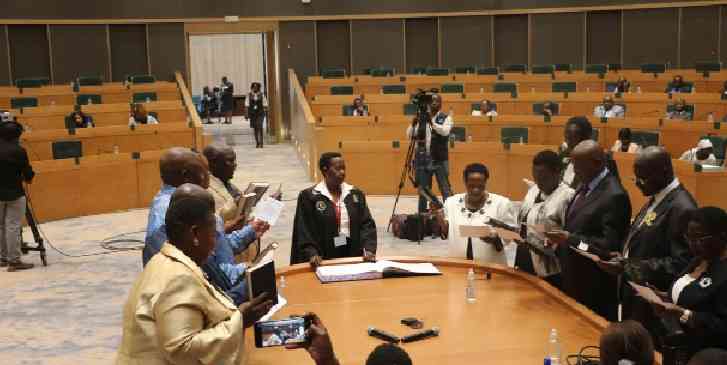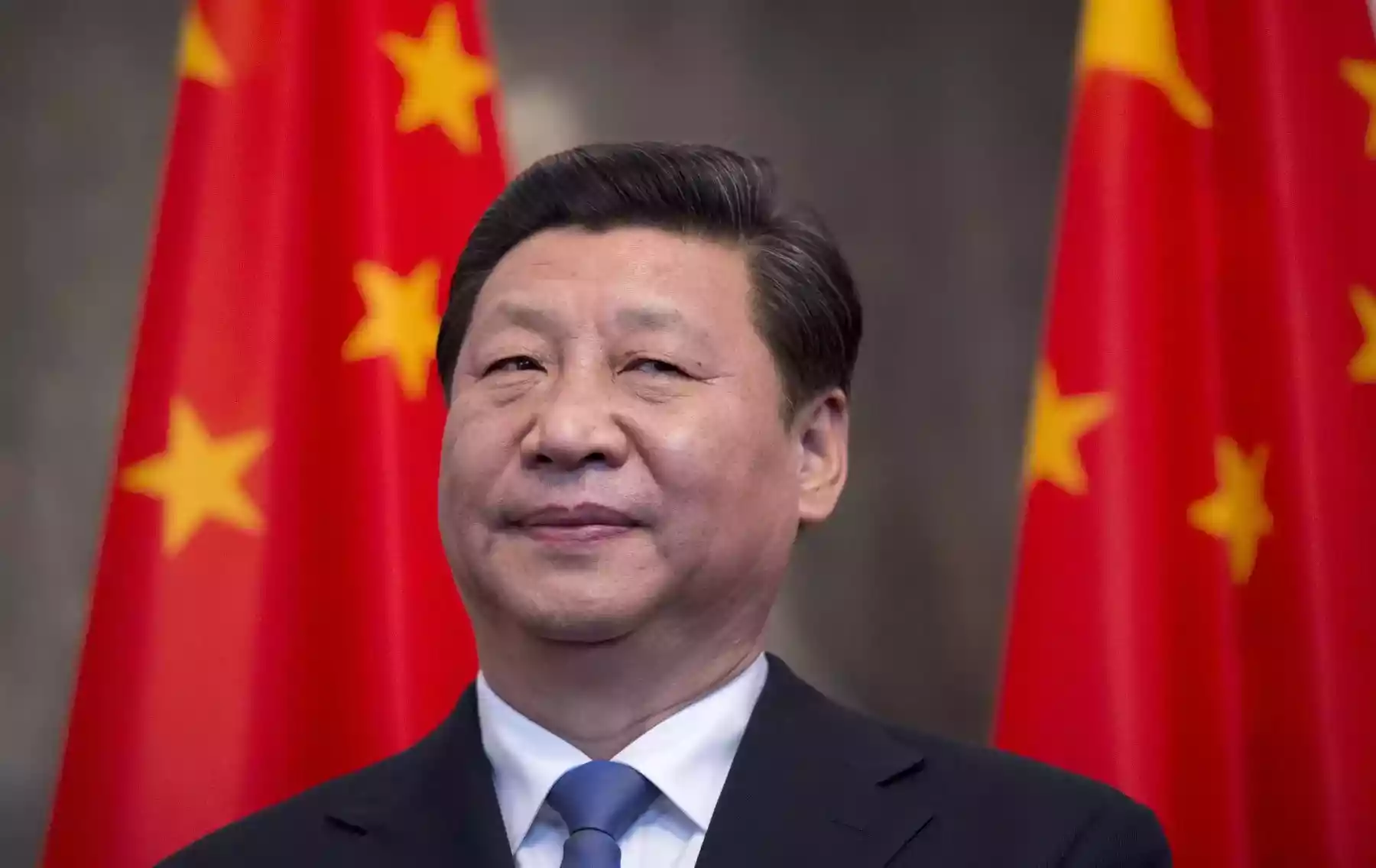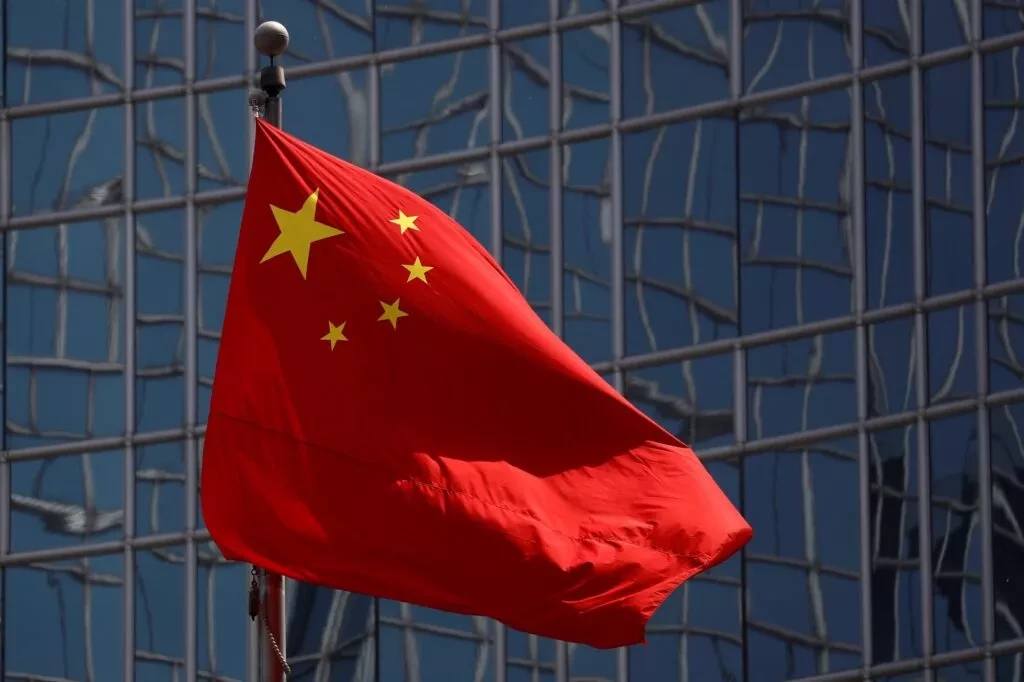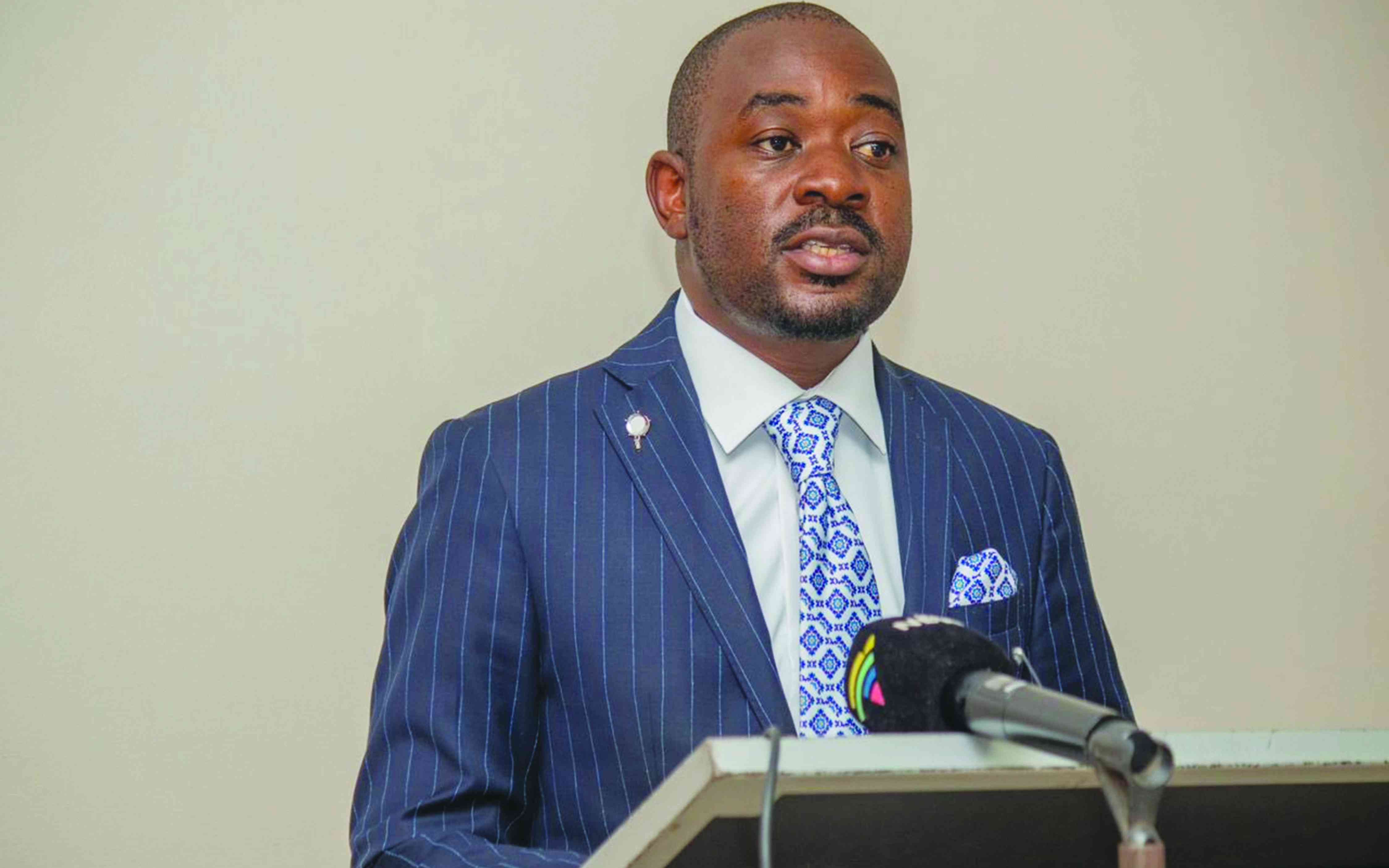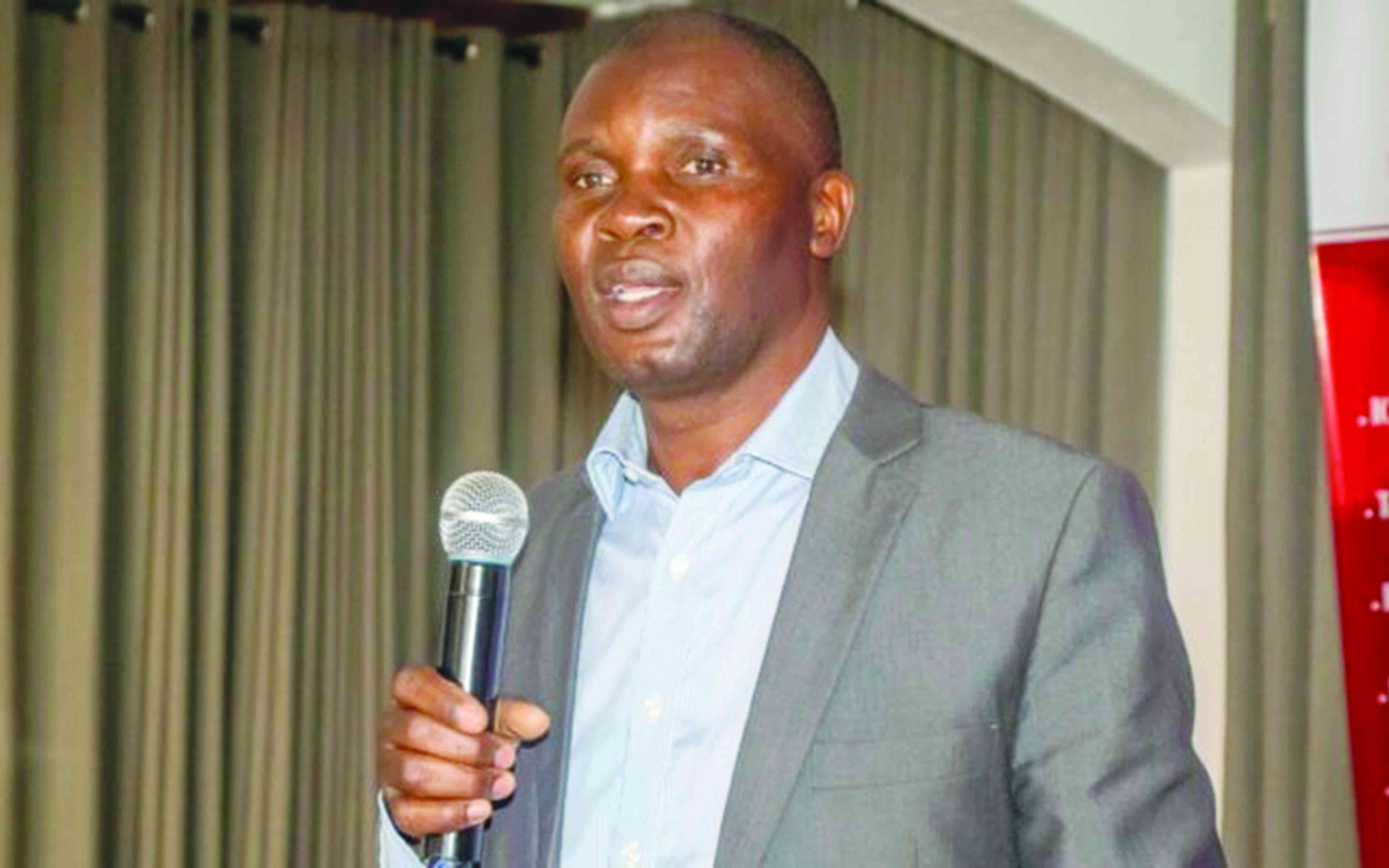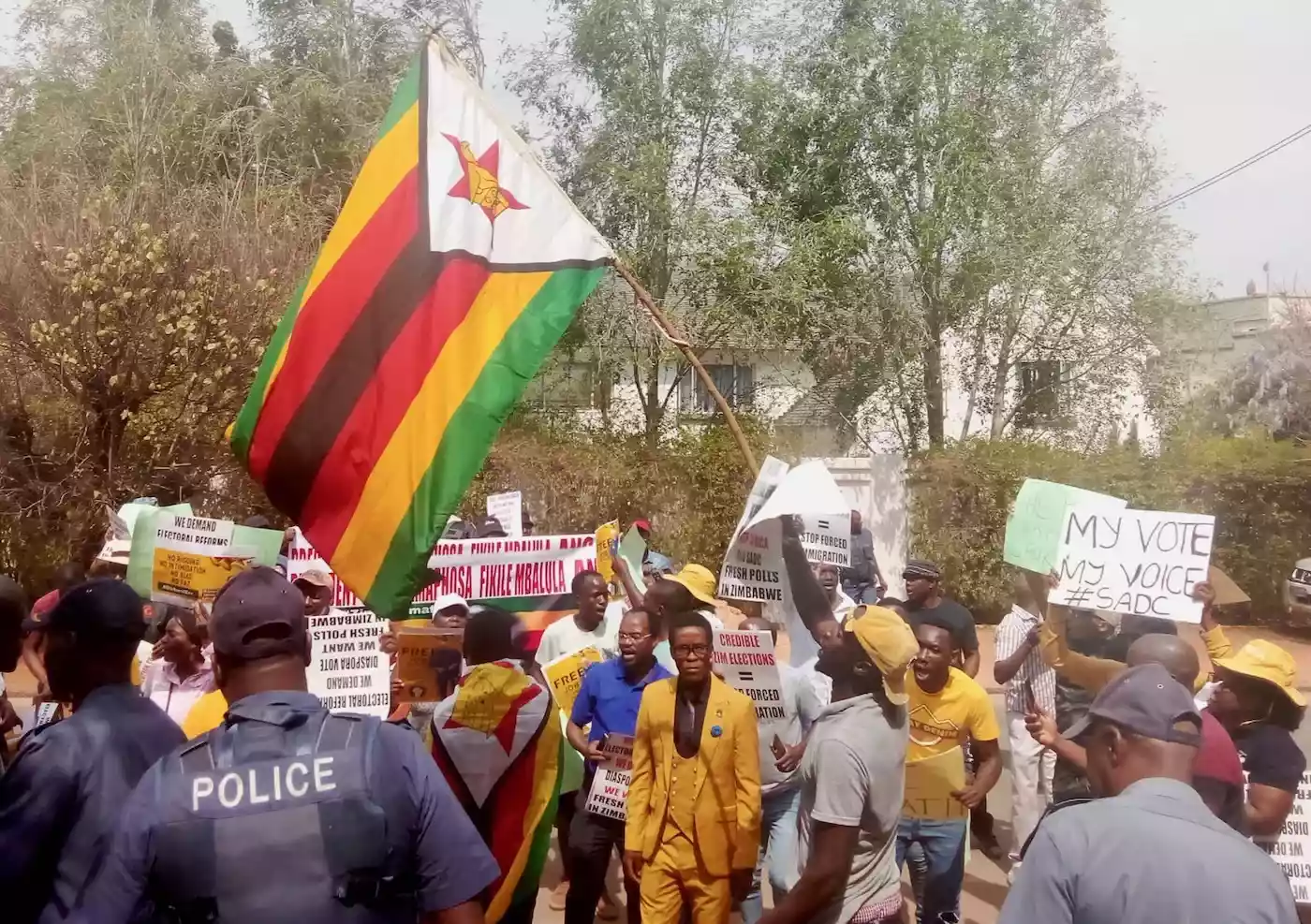
A few months ago, I was driving from South Africa into Zimbabwe with my wife and our nine-year-old son. As we entered Jerera, our growth point in Zaka, Masvingo province, the boy looked out at the filthy pot-holed roads, the shuttered shops, the weary faces and asked, “Why is the country so ruined? Is there no president?”
The question was aimed at me. But I didn’t answer right away. Because beneath his innocent question lay a truth too heavy for words: our children are inheriting ruins.
And yet, in that silence, something stirred within me — an urgency, a calling. What if this collapse is not the end, but the beginning? What if this is our Hiroshima, our Rubicon, our kairos moment?
As I lay in bed that night, the thought returned with quiet force: Surely, this collapse is not our tombstone. It can be our cornerstone.
When ruin becomes renewal
Let me take you a few steps back in history. History is not kind, but it is instructive. Across continents and generations, nations have faced devastation that seemed terminal. And yet, some chose to see in the rubble the raw materials of rebirth. Their stories remind us that collapse is not destiny — it is a decision.
I found the parallels between Germany’s position after the humiliating defeat in World War II in 1945 and present-day Zimbabwe both sobering and instructive.
Germany was not only physically devastated and economically paralysed — it was also ideologically adrift. The nation grappled with a lack of policy direction, torn between the allure of socialism and the imperatives of capitalism. This uncertainty mirrored its moral disorientation and institutional collapse.
- Mavhunga puts DeMbare into Chibuku quarterfinals
- Bulls to charge into Zimbabwe gold stocks
- Ndiraya concerned as goals dry up
- Letters: How solar power is transforming African farms
Keep Reading
Zimbabwe today faces a similar crossroads. Our economy is constrained, our institutions weakened and our policy compass unclear. We oscillate between statist impulses and market reforms, between populist rhetoric and technocratic pragmatism.
It’s so funny that history has a way of echoing itself — especially when nations in crisis are met not with solidarity, but with strategic restraint. Just like post-war Germany, we are under the weight of external constraint.
Germany was under American occupation policy — JCS 1067 — a punitive framework designed to de-industrialise and restrain its recovery. Zimbabwe faces its own version in the form of Zidera (Zimbabwe Democracy and Economic Recovery Act), the United States law passed in 2001 that restricts access to international finance and signals diplomatic isolation.
Both policies, though born of different contexts, reflect a moment when global powers chose containment over collaboration.
Yet Germany’s story reminds us that recovery is possible when ideas converge with courage. The nation’s turning point came not from external mercy — it began when Germans themselves chose to change course, embracing bold reforms and a covenant of renewal.
The question now is not whether we can rebuild, just like others. It is whether we will.
Foundation of the new
I have always argued that we are not poor. We are misaligned. Without a national vision.
Zimbabwe’s crisis has never been about the absence of resources — it has been about the absence of alignment, stewardship and shared purpose. If history teaches us that collapse can be catalytic, then Zimbabwe must ask: what do we still possess that can power our renewal?
The answer is not in foreign aid or borrowed blueprints. It lies within us — in our land, our minerals, our people, our stories, and our spirit.
Here are a few examples of what we have:
A diaspora that dreams and builds: Scattered across continents, Zimbabweans have become doctors, engineers, entrepreneurs, scholars and spiritual leaders. They carry not just skills, but stories — of what works, what fails, and what could be. The Zimbabwean diaspora is no longer just a remittance engine — it is a reservoir of ideas, networks, and moral imagination. The diaspora carries both the pain of exile and the privilege of perspective. It is a strategic asset that needs to be mobilised with vision, values and purpose.
A youth that refuses to be silenced: Zimbabwe’s young people are not apathetic — they are disillusioned. The majority are under threat from drugs and hopelessness. But beneath the frustration lies creativity, courage, and a hunger for purpose. They are poets, coders, organisers and dreamers. What they need is not just jobs — but an opportunity to reclaim and rebuild. They need a country that sees them, equips them and trusts them to lead.
A people of intelligence and ingenuity: From the classrooms of Bulawayo to the labs of London, Zimbabweans have proven their brilliance. Our human capital is our greatest resource — resilient, creative and deeply rooted in both tradition and innovation. What we lack is not talent, but a system that trusts and unleashes it.
A rural soul that still beats: In the villages of Zaka, Binga, Mutoko and Chipinge, the land still speaks. The people still gather. I have been there. The rhythms of life—though strained — remain intact. Rural Zimbabwe is not a relic. It is a reservoir. With investment in education, agriculture and local governance, it can become the cornerstone of inclusive development.
A land rich in treasure: Beneath our soil lie some of the world’s most coveted minerals — platinum group metals, lithium, gold, diamonds and rare earths. These are not just commodities. They are strategic levers for industrialisation, innovation and sovereignty — if stewarded wisely.
A climate and soil that feed nations: Zimbabwe’s agricultural potential remains vast. Fertile soils, diverse agro-ecological zones and favourable weather patterns make it possible to feed not just ourselves, but our region. With the right infrastructure and land governance, agriculture can become a pillar of renewal. We can transform from the current basket case to a breadbasket again!
Conclusion
Across borders and generations, Zimbabweans carry stories of pain, pride and possibility. We have watched the slow erosion of a nation we love, and we have felt the weight of silence pressing against our hopes.
But perhaps now is the time to speak — not with bitterness, but with boldness. To ask new questions. To remember old truths. To gather, wherever we are, around the idea that this land can rise again. Not through slogans or saviours, but through shared purpose. Reclaiming, rebuilding and transforming.
The conversation has already begun—in living rooms, social media, border posts, and quiet prayers. May it grow louder, wiser and more courageous with each passing day.
Maybe we can seize the moment and rebuild from the ashes. If others did it, Zimbabweans can do it too.
Dr Mahembe is a development economist with a PhD in Economics, and an advocate for an inclusive, democratic developmental state in Southern Africa. His work bridges policy, activism and research, with a focus on governance, education and rural transformation.

